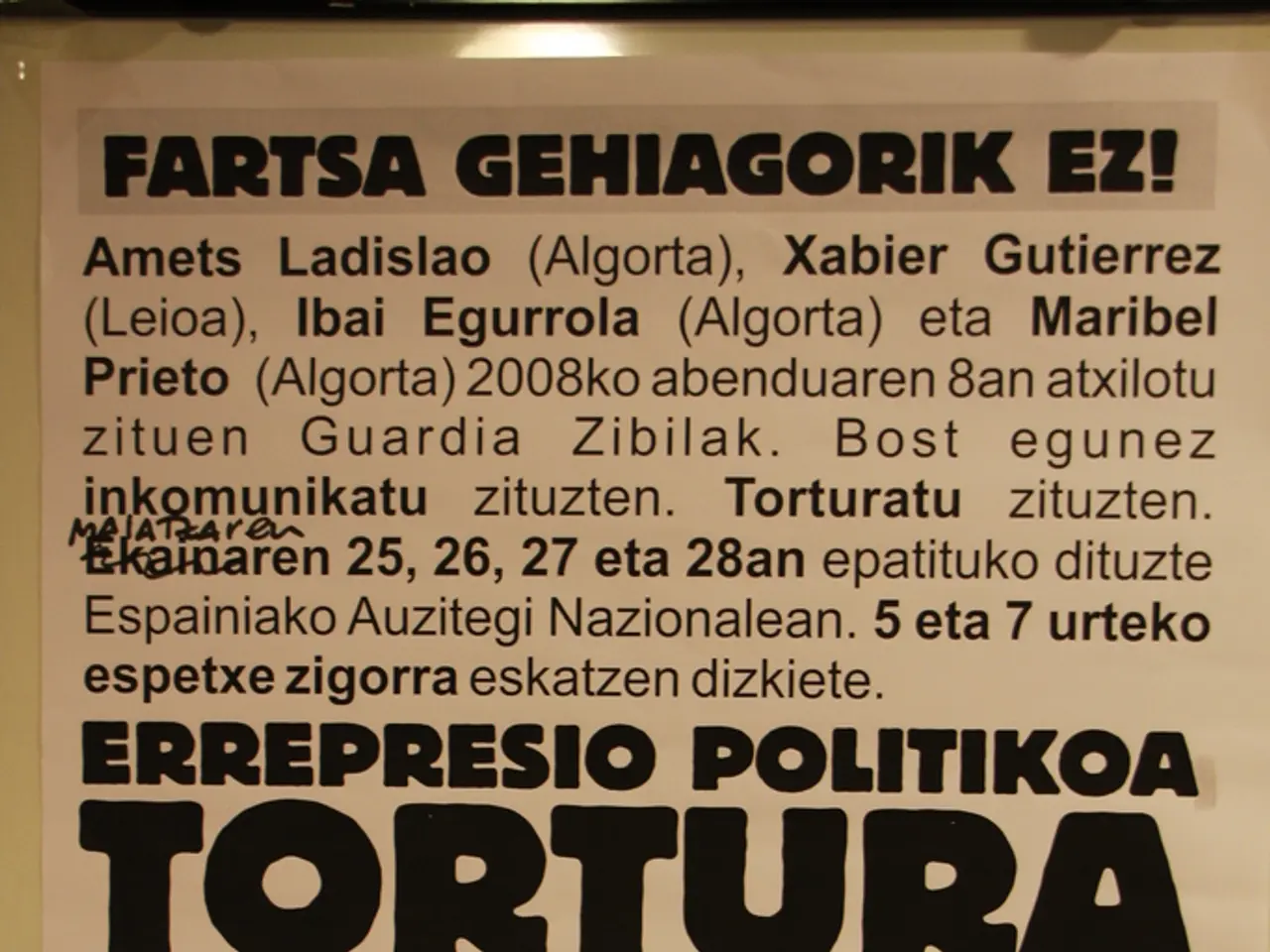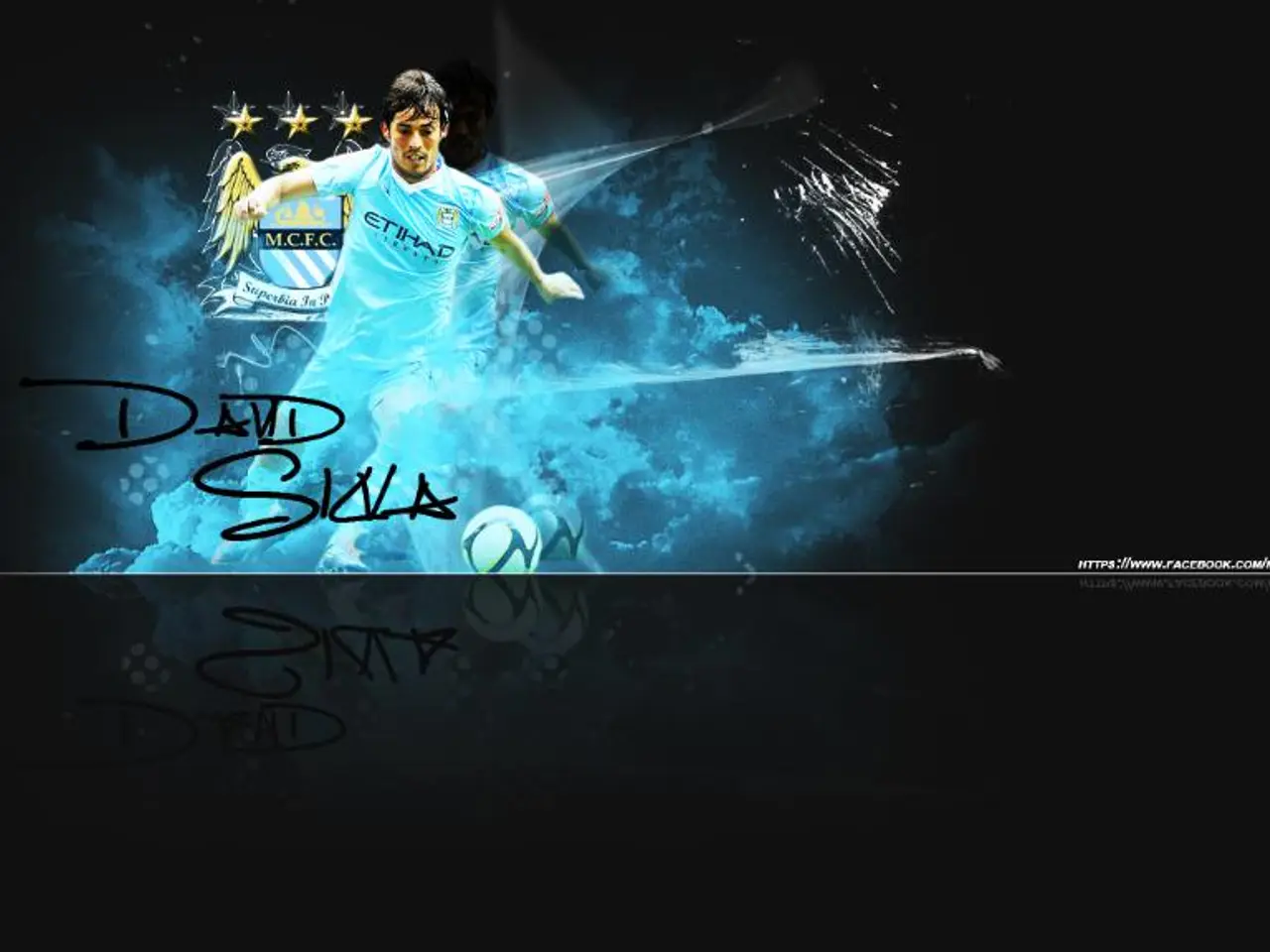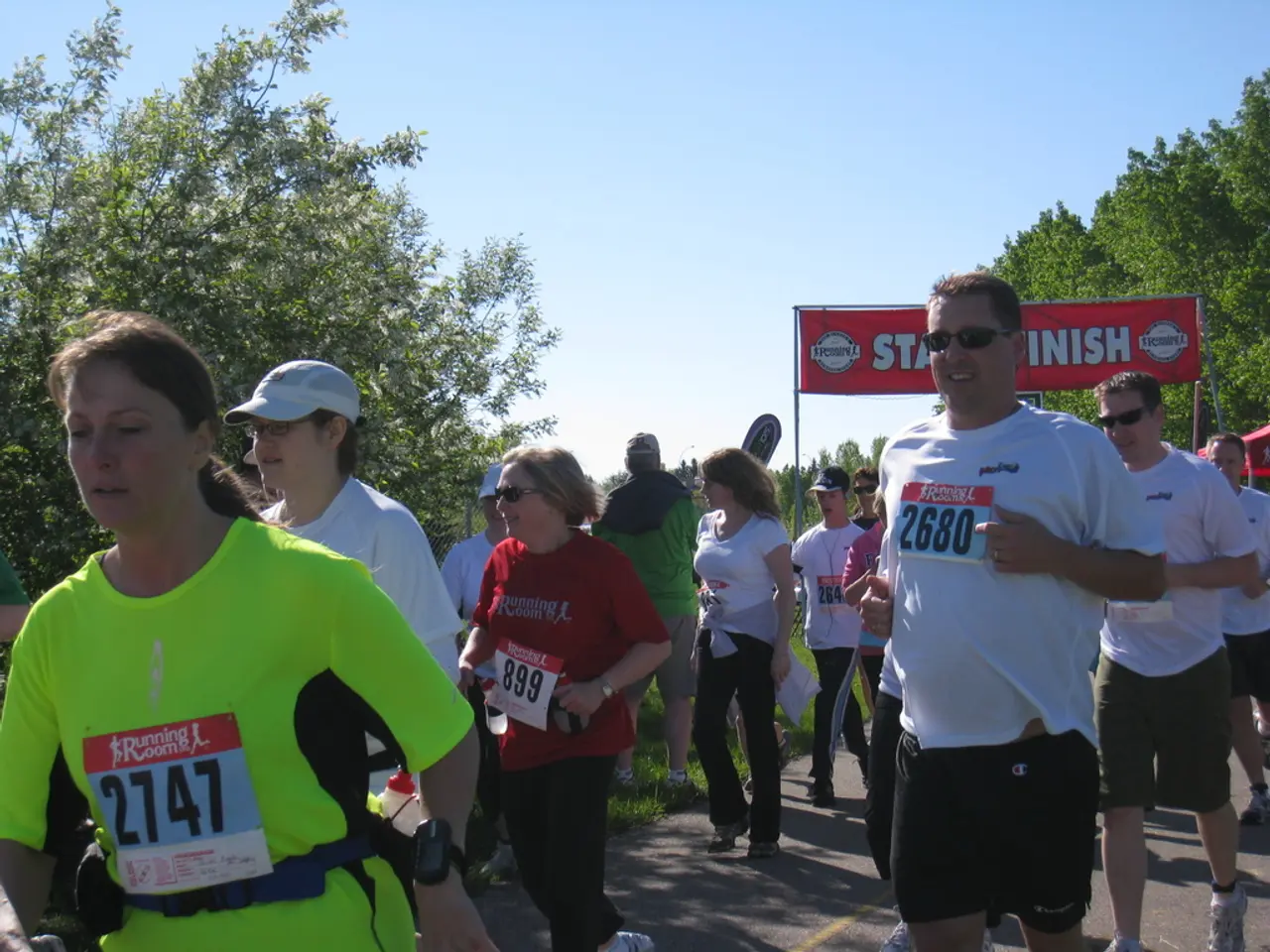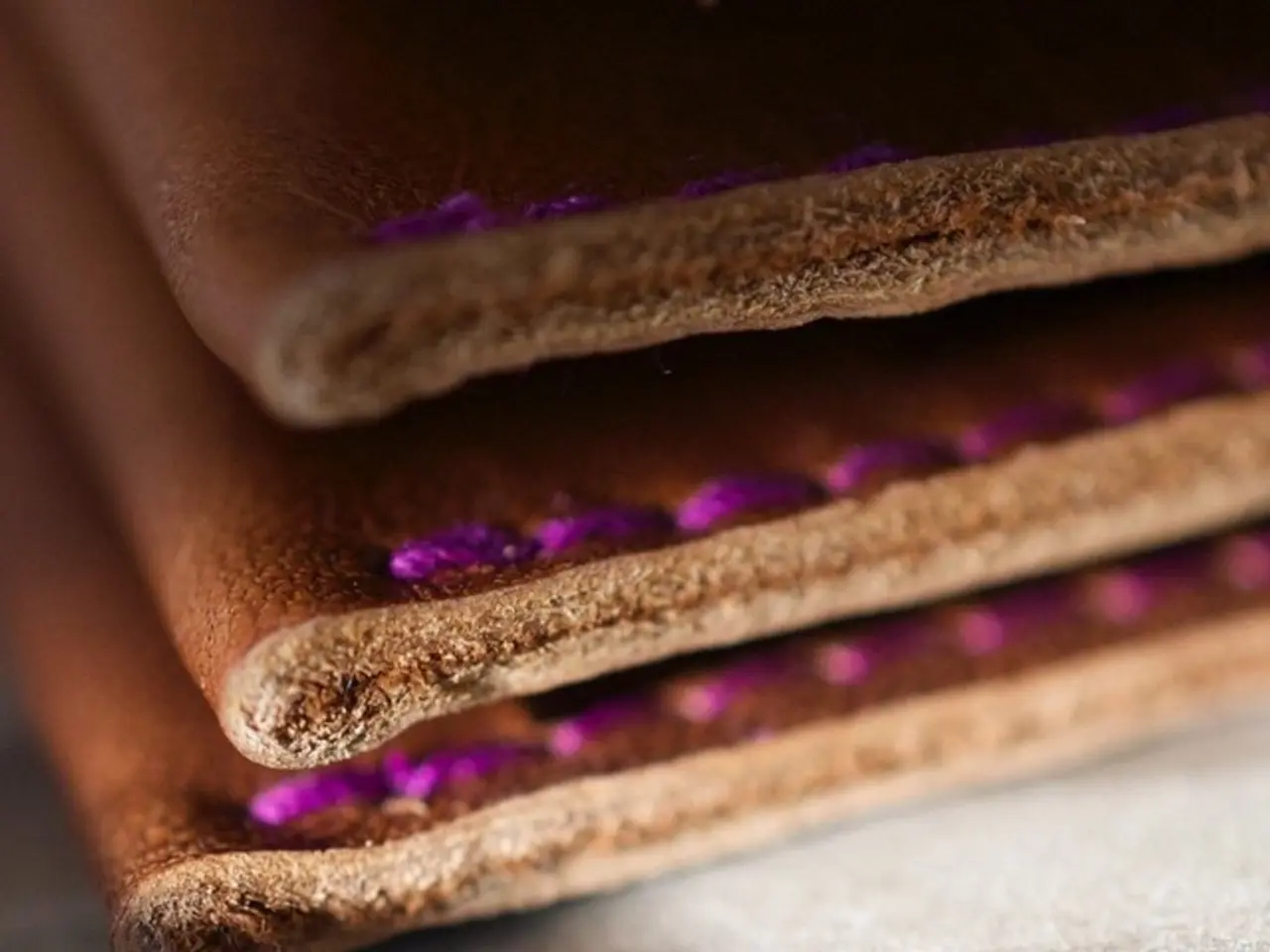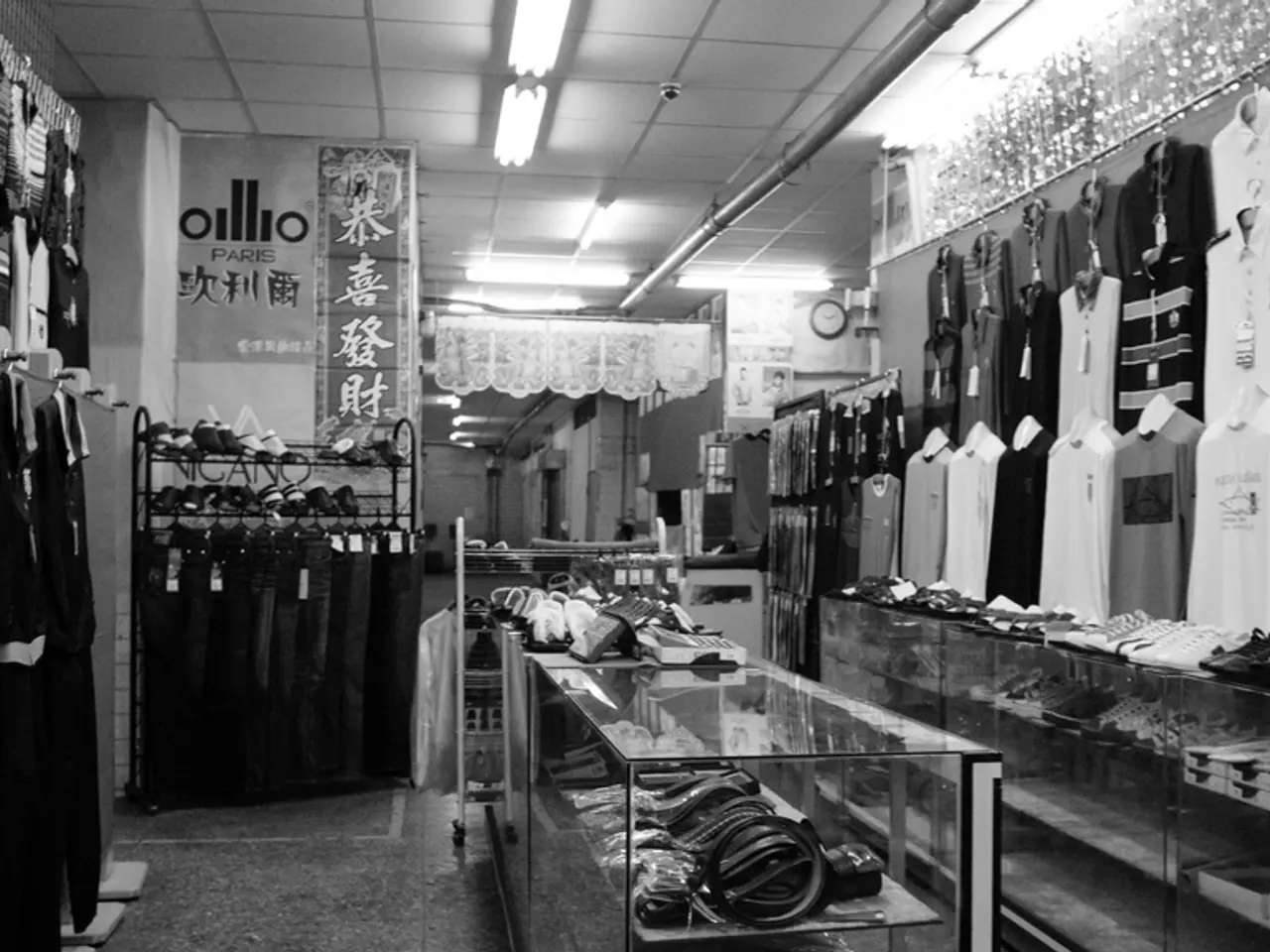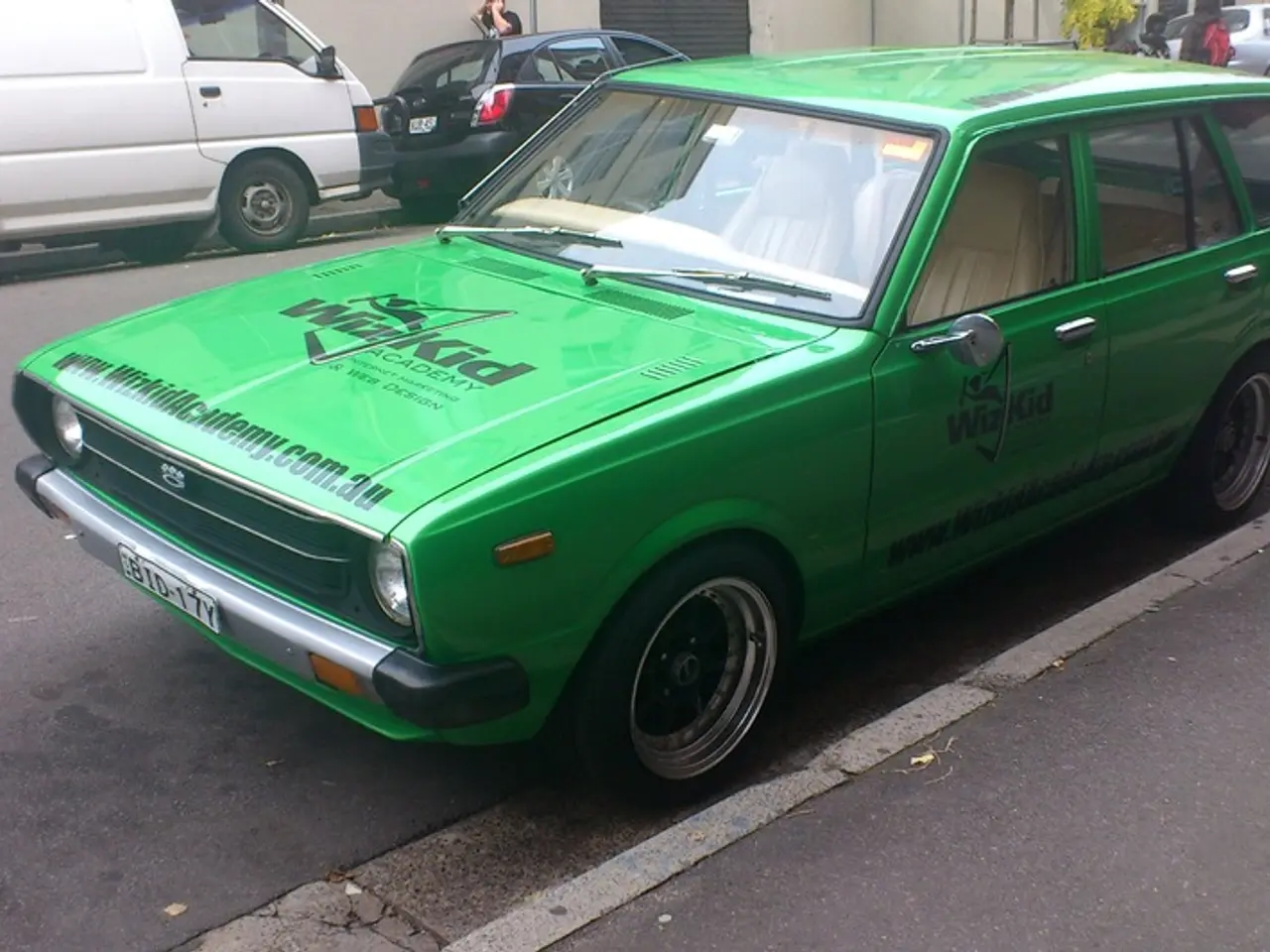Pablo Escobar, notorious drug lord, fielded a personal football team in the past.
Pablo Escobar, the notorious Colombian drug lord, was born on December 1, 1949, in Rionegro, Colombia. His life and crimes would have a profound impact on Colombian football, particularly on Atlético Nacional.
Escobar spent his early years on a family farm before living with his grandmother in Medellin. It was during this time that he and his brother became involved in crime, eventually becoming leaders in the underground world of criminal activity.
In the 1970s, Escobar formed the Medellin drug cartel, which had a firm grip on the cocaine market by the 1980s. The cartel was earning millions of dollars by smuggling over 70 tonnes worth of cocaine into the US every month.
Escobar's cartel is known to have injected millions of dollars into Atlético Nacional, a football club based in Medellin, during the late 1980s and early 1990s. This financial support contributed significantly to Atlético Nacional's success, notably their 1989 Copa Libertadores victory, a milestone achievement for Colombian football.
The infusion of funds allowed Atlético Nacional to assemble a strong, talented team which included prominent players such as René Higuita, Andrés Escobar, and others who were part of the club's golden era around 1989-1991. The financial support from Escobar's cartel enabled the club to compete at high international levels, raising the visibility and prestige of Colombian football.
However, this association also linked the club and the sport to illicit drug money and violence. The broader context includes the tragic fate of Andrés Escobar, a key Atlético Nacional player, whose murder in 1994 was reportedly connected to the violent environment surrounding Colombian football at the time.
Officially, Atlético Nacional has been owned since 1996 by the Organización Ardila Lülle, a legitimate business group, distancing the club from Escobar's cartel influence in later years.
The Colombian national football team entered the 1994 World Cup with high hopes. However, without Escobar in charge, different cartels became involved in heavy betting on the team's games. A message appeared on the dressing room television screens informing the squad that they would all be murdered if Gabriel Barrabas Gomez played.
Escobar bought Medellin-based Atletico Nacional football club in the late 1980s. His cartel's large financial investments in the club had a major impact on its rise to football prominence in Colombia and internationally during the late 1980s. However, this association also brought darker facets of narcotrafficking influence into the sport.
Pablo Escobar allegedly had a fortune of $30 billion at the time of his death. He was shot dead by the Search Bloc on December 2, 1993. The death of Escobar did not cut the head off the Colombian drug trade, but instead led to chaos. The murder of Andrés Escobar, a key Atlético Nacional player, was a watershed moment for Narco-Futbol, highlighting the dangerous intersection of drugs, money, and sport in Colombia.
References: 1. Atlético Nacional's links to drug money 2. Atlético Nacional's drug-tainted past 3. Atlético Nacional ownership change 4. Atlético Nacional's 1989 Copa Libertadores victory 5. Atlético Nacional's golden era
- Despite the change in ownership, the blog post about Atlético Nacional's history reveals the dark past of narcotrafficking influence on the football club.
- The infusion of Escobar's cartel's funds enabled sports-betting activities on the Colombian national football team during the 1994 World Cup.
- Laliga, European leagues, and other football tournaments might want to read up on Atlético Nacional's drug-tainted past, as documented in references like 'Atlético Nacional's links to drug money' and 'Atlético Nacional's drug-tainted past'.
